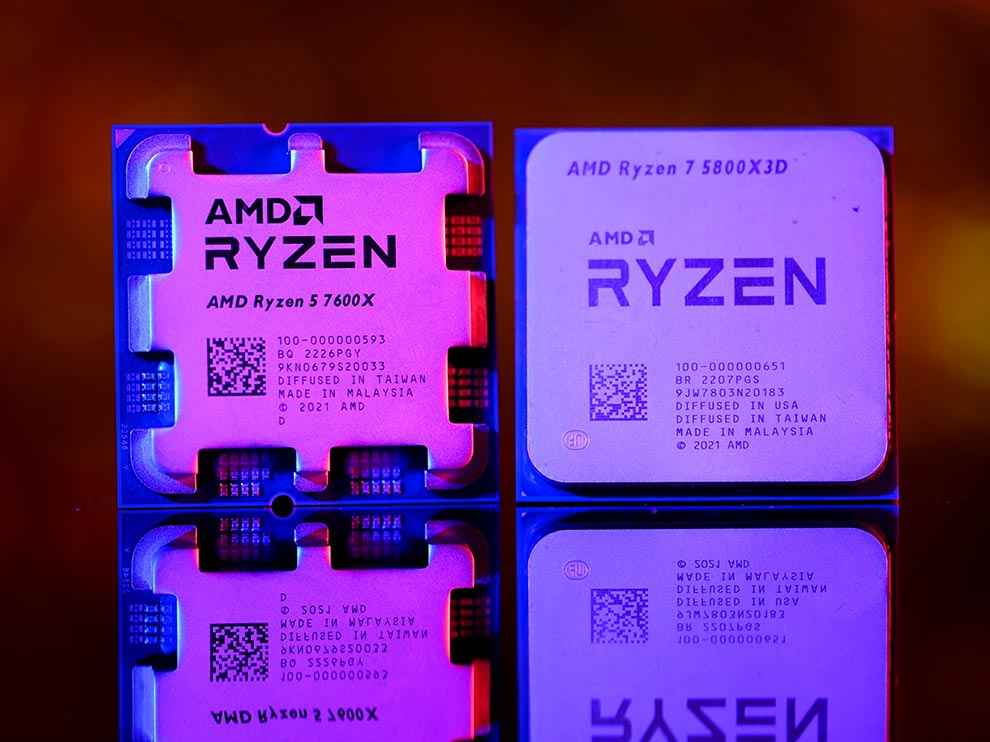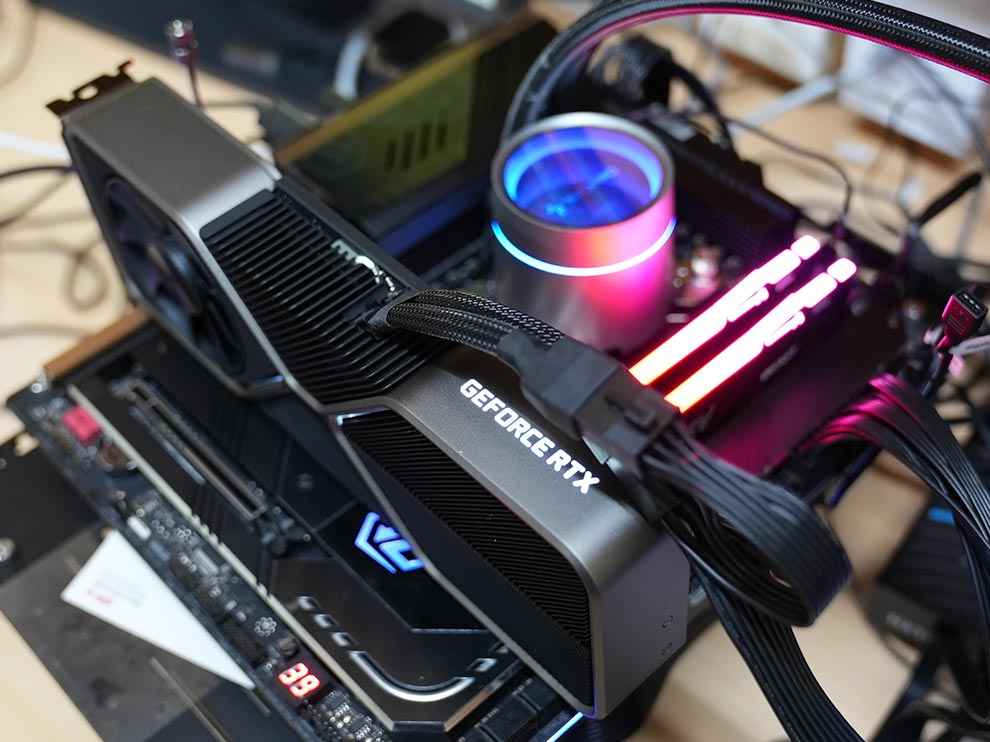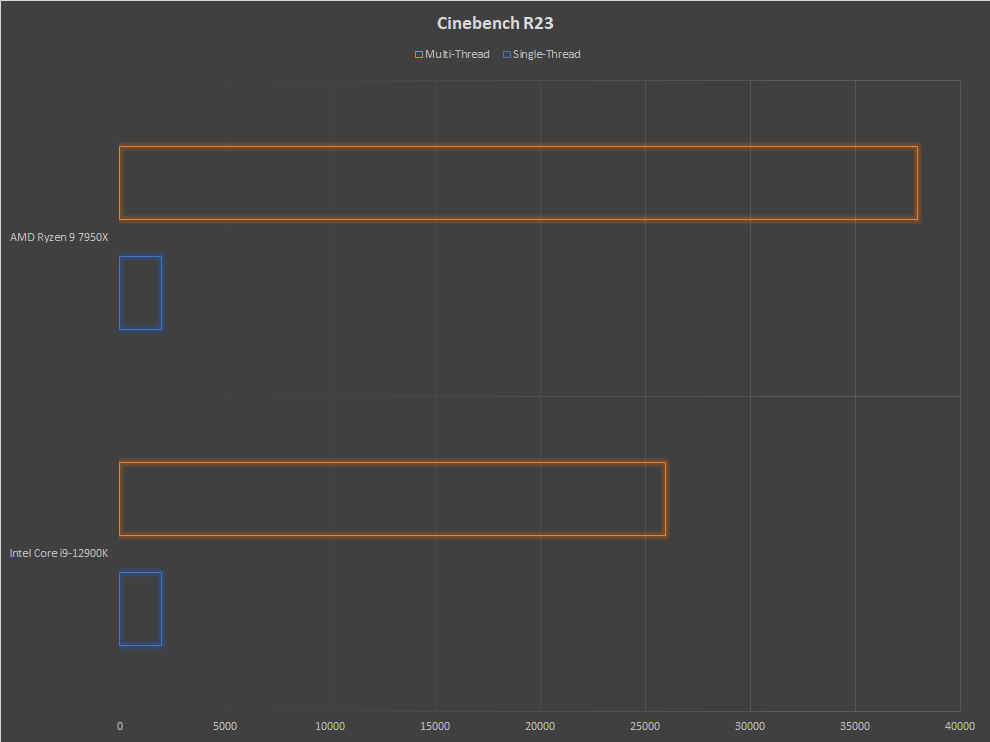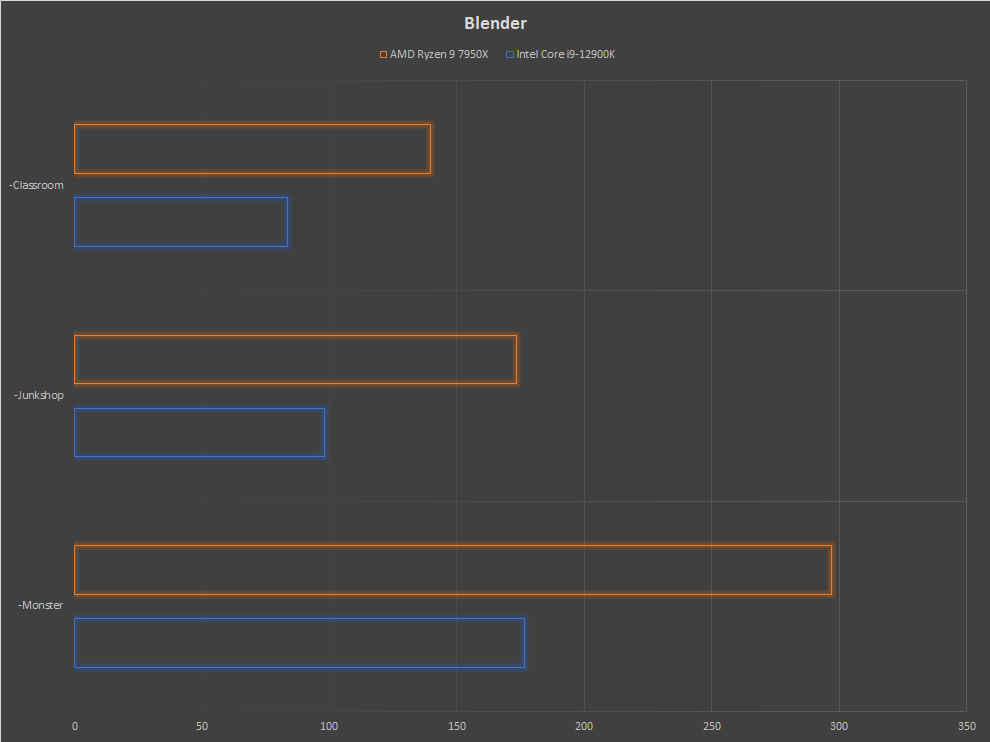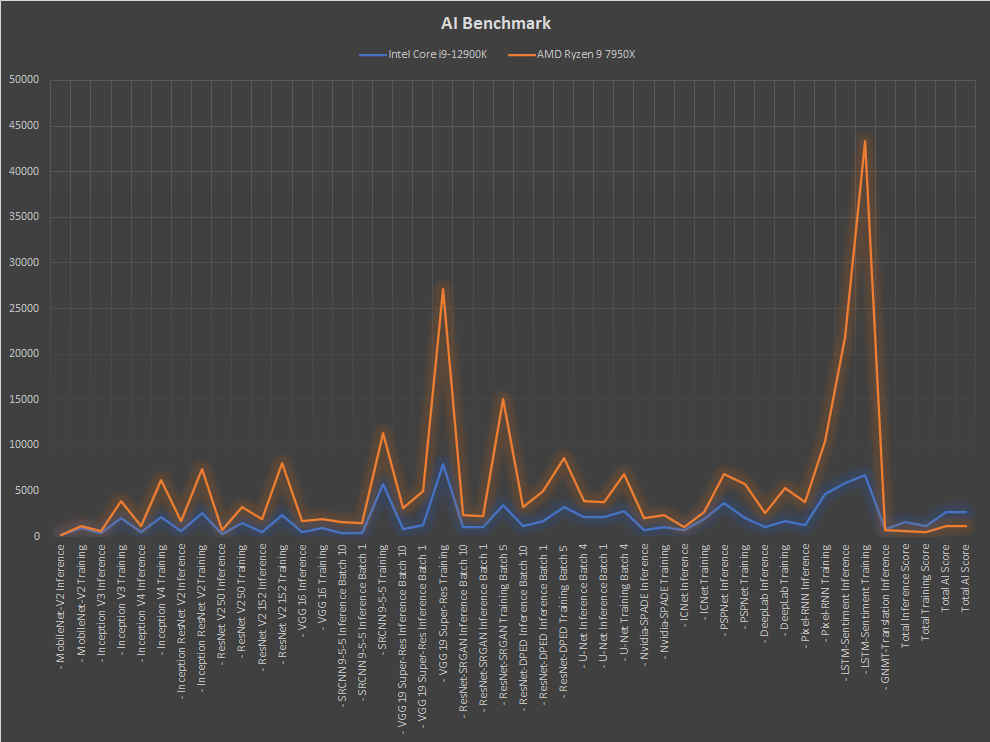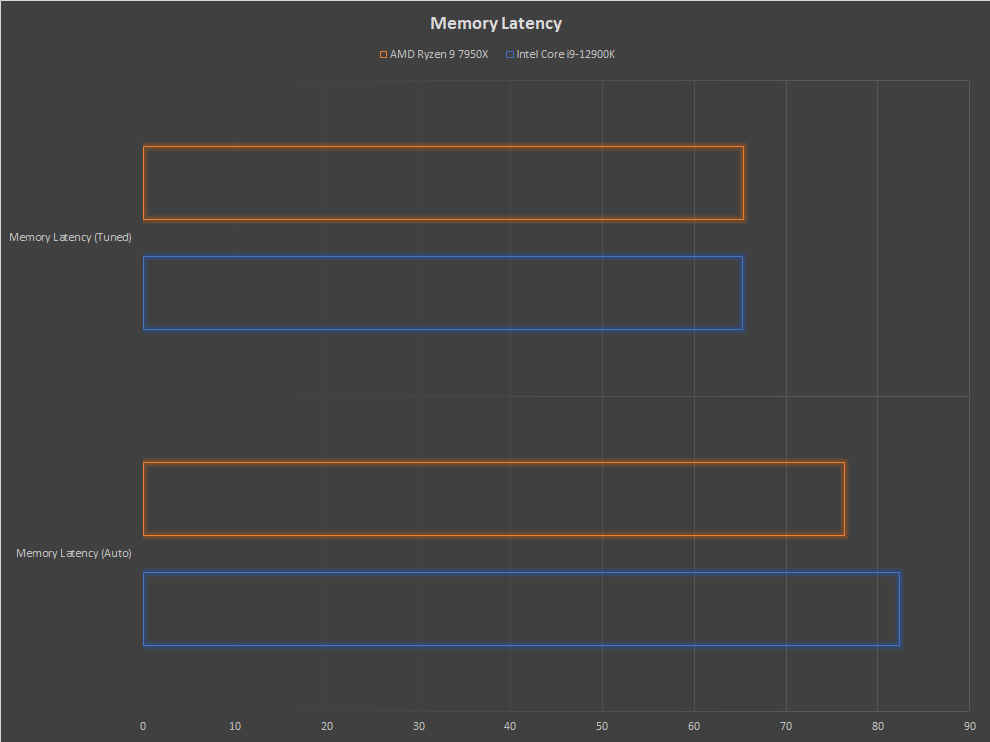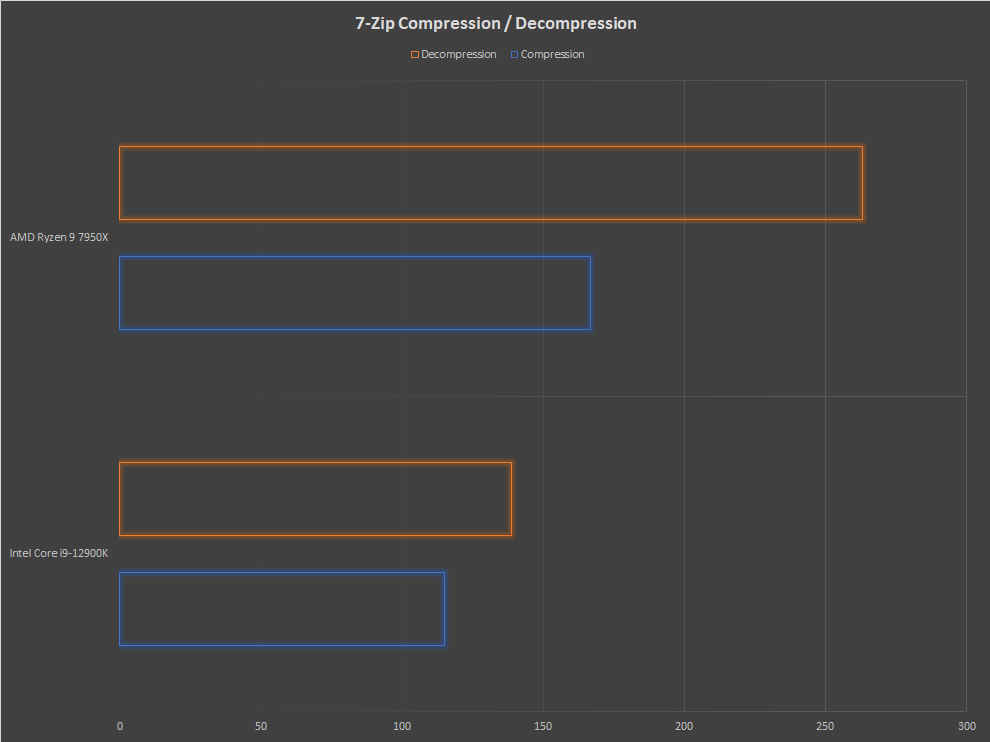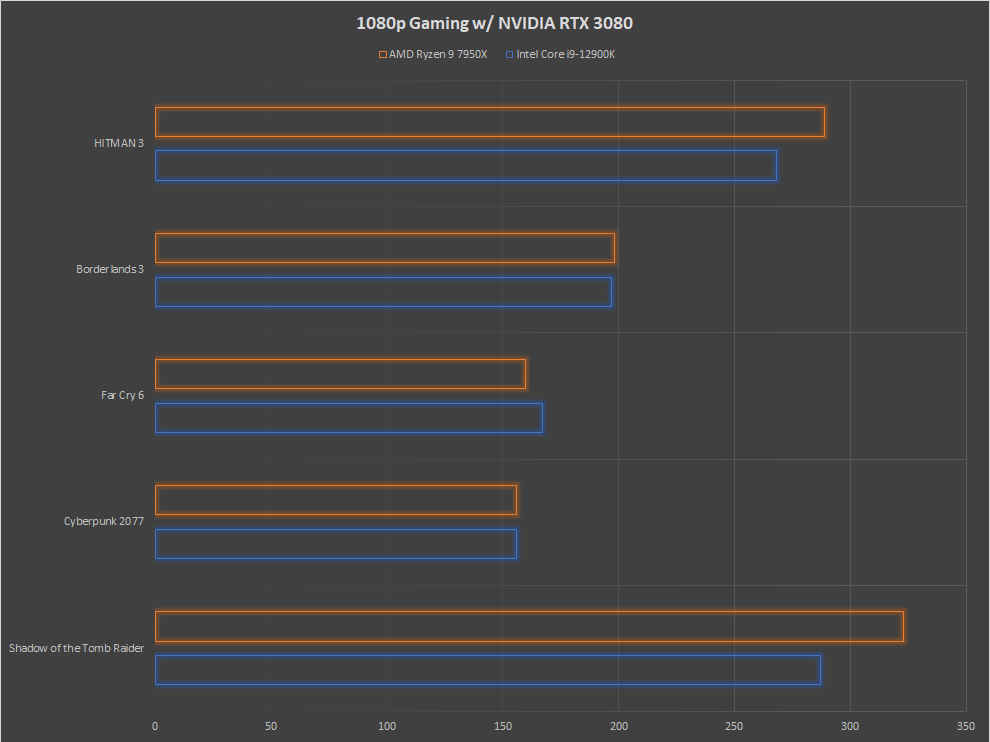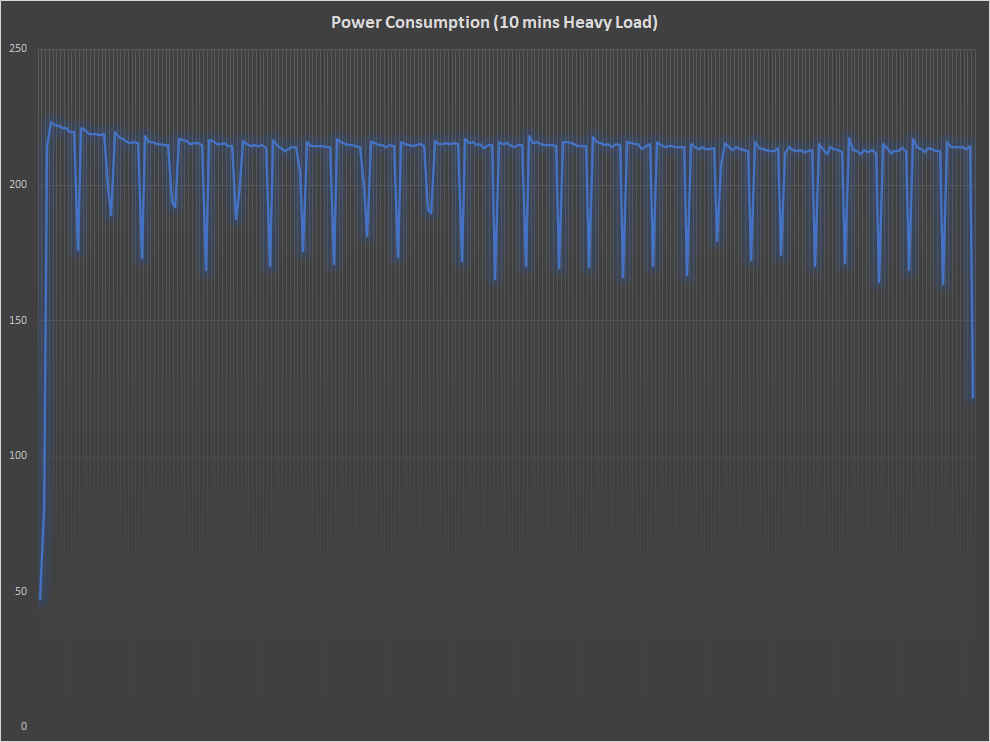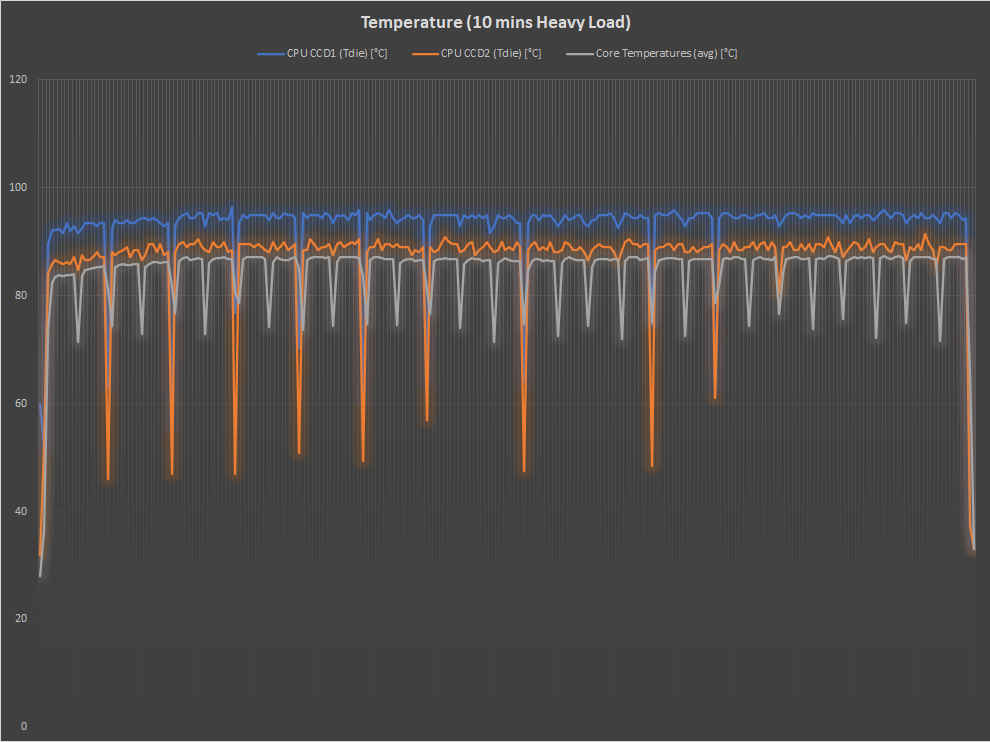AMD Ryzen 9 7950X Desktop Processor Review : Knocking it out of the park, yet again
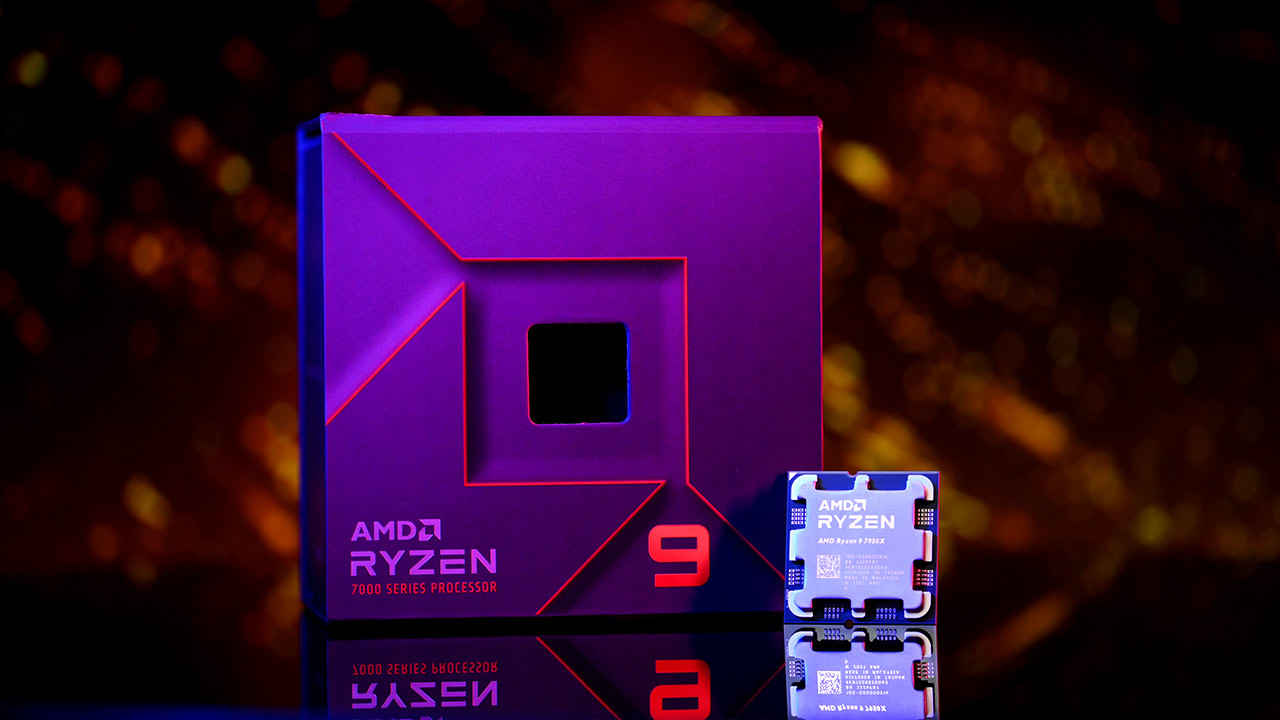
- Equals or best Intel Core i9-12900K in gaming, Makes mincemeat of Content Creation workloads
- AI inference performance could be better,
The AMD Ryzen 9 7950X with its new Zen 4 architecture easily bests the Intel Core i9-12900K in most benchmarks. Even in gaming, the Ryzen 9 7950X equals or bests the Intel Core i9-12900K in most benchmarks at 1080p. The inbuilt RDNA 2 graphics cores have their work cut out for them to match Intel's Xe in terms of AI workloads. For the price of approximately INR 70,000, the AMD Ryzen 9 7950X is one of the prime candidates for an enthusiast gaming and content creation rig.
AMD Ryzen 7950X, like it’s predecessor, the AMD Ryzen 9 5950X, is a 16-Core / 32-Thread processor featuring a host of new improvements including a new microarchitecture in the form of AMD Zen 4, much higher clock speeds, IPC improvement of close to 13 per cent, shift to a more efficient TSMC 5nm process, inclusion of current gen graphics cores across all SKUs, support for DDR5 and PCIe Gen 5.0 and a new AM5 LGA socket. With so many high-impact changes over the Ryzen 5000 series processors, the new AMD Ryzen 7000 series of processors has plenty of things that can really push it over the edge but it has an equal number of things that can go wrong. Hopefully, that’s not the case.
AMD Ryzen 9 7950X Specifications
Moving to the more power-efficient TSMC 5nm process is going to help the Ryzen 7000 quite a bit on the power efficiency front. The AMD Ryzen 7000 series can eke out up to 49 per cent more performance on a 16-Core processor compared to the Ryzen 5000 series at the same socket power and core count. And if the performance were to be normalised, then the Ryzen 7000 series can manage to do so while consuming 62 per cent less power. Obviously, these improvements are not just because of the shift to the TSMC 5nm process but also because of all the architectural improvements. One of the easiest ways to see the improvement is by observing the clock speeds. The AMD Ryzen 9 7950X has a base clock speed of 4.5 GHz and a Turbo clock speed of 5.7 GHz. And this is without an improvement to the Precision Boost algorithm.
| AMD | AMD | AMD | AMD | |
|---|---|---|---|---|
| Ryzen 9 7950X | Ryzen 9 7900X | Ryzen 7 7700X | Ryzen 5 7600X | |
| Socket | AM5 | AM5 | AM5 | AM5 |
| Codename | Raphael | Raphael | Raphael | Raphael |
| Foundry | TSMC | TSMC | TSMC | TSMC |
| Core Process | 5 nm | 5 nm | 5 nm | 5 nm |
| Core Architecture | Zen 4 | Zen 4 | Zen 4 | Zen 4 |
| CCD Transistors | 6500 mil | 6500 mil | 6500 mil | 6500 mil |
| CCD Die Size | 70 mm2 | 70 mm2 | 70 mm2 | 70 mm2 |
| I/O Process | 6 nm | 6 nm | 6 nm | 6 nm |
| I/O Die Size | 122 mm2 | 122 mm2 | 122 mm2 | 122 mm2 |
| tCaseMax | 95°C | 95°C | 95°C | 95°C |
| Launch Date | 27-Sep-2022 | 27-Sep-2022 | 27-Sep-2022 | 27-Sep-2022 |
| Cores | 16 | 12 | 8 | 6 |
| – Big Cores | 16 | 12 | 8 | 6 |
| – Small Cores | 0 | 0 | 0 | 0 |
| Threads | 32 | 24 | 16 | 12 |
| Integrated Graphics | RDNA2 | RDNA2 | RDNA2 | RDNA2 |
| Integrated Graphics Cores | 2 | 2 | 2 | 2 |
| IG Base Frequency | 400 MHz | 400 MHz | 400 MHz | 400 MHz |
| IG Turbo Frequency | 2200 MHz | 2200 MHz | 2200 MHz | 2200 MHz |
| Cache L1 | 64K Per Core | 64K Per Core | 64K Per Core | 64K Per Core |
| Cache L2 | 1M Per Core | 1M Per Core | 1M Per Core | 1M Per Core |
| Cache L3 | 64 MB | 64 MB | 32 MB | 32 MB |
| Base Clock | 100 MHz | 100 MHz | 100 MHz | 100 MHz |
| Base Multiplier | 45x | 47x | 45x | 47x |
| Unlocked Multiplier | Yes | Yes | Yes | Yes |
| Big Core Base Frequency | 4.5 GHz | 4.7 GHz | 4.5 GHz | 4.7 GHz |
| Big Core Turbo Clock | 5.7 GHz | 5.6 GHz | 5.4 GHz | 5.3 GHz |
| Small Core Base Frequency | NA | NA | NA | NA |
| Small Core Turbo Clock | NA | NA | NA | NA |
| Memory Type Support | DDR5 | DDR5 | DDR5 | DDR5 |
| Max Memory Capacity | 128 GB | 128 GB | 128 GB | 128 GB |
| Rated Memory Clock Speed | 5200 MT/s | 5200 MT/s | 5200 MT/s | 5200 MT/s |
| Memory Channel Support | Dual-Channel | Dual-Channel | Dual-Channel | Dual-Channel |
| ECC Memory Support | No | No | No | No |
| PCIe Gen | 5 | 5 | 5 | 5 |
| PCIe Lanes from CPU | 24 | 24 | 24 | 24 |
| TDP | 170 W | 170 W | 105 W | 105 W |
As for the other specifications, we can see that the L3 Cache per core has remained the same but the L2 Cache has been doubled and is private to each core. L1 Cache is also the same with 32K for the Instructions and 32K for data. The TDP has been raised by a huge amount to 170W compared to the 5950X which was designed for 105W. However, this number doesn’t indicate the power consumption. When AMD states a certain TDP for a processor, it indicates the caps for several parameters. In the case of the AMD Ryzen 9 7950X, a TDP of 170W means that the Socket Power is 230 Watts, the Peak Current is 225 Amperes and the Sustained Current can be as high as 160A. This is really going to do a number on the VRM of the motherboards, so always check the peak parameters of the motherboard’s VRM before you decide on buying one.
Lastly, all processors falling under the Ryzen 7000 family will have inbuilt graphics capabilities and instead of getting a really old GPU architecture, we’re getting RDNA 2 IGP Cores in all four processors that are being launched on the 27th of September. The core configuration is the same across all SKUs. Each processor will have two RDNA 2 cores which have a base clock of 400 MHz and a peak clock of 2200 MHz. RDNA 3 GPUs are right around the corner so one could have always hoped for more, but this is good enough. On to the benchmarks then.
AMD Ryzen 9 7950X Performance
The AMD Ryzen 9 7950X seems to have a lot of potential to beat the competition to become the reigning desktop processor across a wide variety of workloads. Let’s see how that pans out in the benchmarks.
We tested the unit on the following configuration:
AMD RYZEN TEST RIG
CPU: AMD Ryzen 9 7950X
Motherboard: ASRock X670E Taichi
SSD: WD SN850 1TB NVMe SSD
HDD: Seagate FireCuda 2 TB ST2000DX002
RAM: 2x 16 GB Kingston FURY DDR5 @5200 MT/s
Cooler: Deepcool 280mm AIO
PSU: Cooler Master MWE 850W V2
Cinebench R23
Starting with Cinebench R23 which has been the mainstay of most CPU benchmarks. We can clearly see the AMD Ryzen 9 7950X beating the Intel Core i9-12900K in both, the single-threaded as well as the multi-threaded benchmarks.
Blender
In Blender, we see the Ryzen 9 7950X rendering the test scenes way faster than the Intel Core i9-12900K.
AI Benchmark
AI models are being incorporated into practically every application these days. Anything and everything that has to do with massively parallelised workloads is being offloaded onto the GPU. This is where the IGP and the ISA of the CPUs shine. Intel has several accelerators leveraing their Xe GPU architecture and a lot of algorithms are already quite optimised for the Xe GPU architecture. As a result, we see the Intel Core i9-12900K doing much better than the AMD Ryzen 9 7950X in this benchmark. The graph below charts the time taken for each run and lower values equal better performance.
Memory Latency
Both processors, the Intel Core i9-12900K and the AMD Ryzen 9 7950X come with 5200 MT/s as the rated speed for DDR5 memory modules. Intel has XMP memory profiles and now AMD has EXPO. Both standards result in validated clock speeds and sub-timings being set and lead to improved performance. In order to see how the memory controllers handle the processor without either profiles being set, we manually set the modules to 5200 MT/s and the sub-timings were left up to the board to auto-configure. What we observed was that when the modules are tuned, both processors manage to get about 65 ms as the memory latency. However, when left to the board and processor to auto-configure, the AMD system managed to get a slightly lower latency than the Intel system.
7-Zip
7-Zip is known for regular updates which leverage the latest features that processors tend to incorporate. This gives us a good picture of how each new generation of processors handles compression and decompression of data.
Gaming
We tested the AMD Ryzen 9 7950X at 1080p resolution with HITMAN 3, Borderlands 3, Far Cry 6, Cyberpunk 2077 and Shadow of the Tomb Raider. Folks buying an top-tier desktop processor and graphics card such as the AMD Ryzen 9 7950X and the NVIDIA RTX 3080 probably aren't going to be gaming at 1080p resolution, so we'll be adding 1440p and 4K benchmarks once we get done testing those. From the 1080p gaming benchmarks we can see that the AMD Ryzen 9 7950X is at pay with the Intel Core i9-12900K in most benchmarks with the exception of one game — Far Cry 6 — where the Intel processor maintained a slight lead. As for HITMAN 3 and Shadow of the Tomb Raider, the Zen 4 processor seems to have gained a significant lead of up to 40 FPS.
Power Consumption
During a sustained heavy workload spanning a 10 min time period, the CPU Package power averaged around 210 Watts while hitting a peak of 223 Watts. The periodic dips are where the workload restarts which was barely a second between consecutive runs. In comparison, the Intel Core i9-12900K had hit 262 Watts during the same test.
Temperatures
In the same heavy load test, we also logged the temperature data. The AMD Ryzen 9 7950X being a 16-Core processor has two Core Complex Dies (CCD) and they both logged slightly different temperatures with CCD1 averaging a little higher at 93.4 degrees Celsius while CCD2 averaged at 87.4 degrees Celsius. All cores put together, averaged at 85 degrees Celsius. As for peak temperatures, CCD1 hit 96.4 degrees and CCD2 hit 91.4 degrees, respectively.
Verdict
The AMD Ryzen 9 7950X with its new Zen 4 architecture easily bests the Intel Core i9-12900K in most benchmarks. Even in gaming, the Ryzen 9 7950X equals or bests the Intel Core i9-12900K in most benchmarks at 1080p. The inbuilt RDNA 2 graphics cores have their work cut out for them to match Intel's Xe in terms of AI workloads. For the price of approximately INR 70,000, the AMD Ryzen 9 7950X is one of the prime candidates for an enthusiast gaming and content creation rig.
AMD Ryzen 9 7950X Desktop Processor Key Specs, Price and Launch Date
| Release Date: | |
| Market Status: | Launched |
Key Specifications
Mithun Mohandas
Mithun Mohandas is an Indian technology journalist with 14 years of experience covering consumer technology. He is currently employed at Digit in the capacity of a Managing Editor. Mithun has a background in Computer Engineering and was an active member of the IEEE during his college days. He has a penchant for digging deep into unravelling what makes a device tick. If there's a transistor in it, Mithun's probably going to rip it apart till he finds it. At Digit, he covers processors, graphics cards, storage media, displays and networking devices aside from anything developer related. As an avid PC gamer, he prefers RTS and FPS titles, and can be quite competitive in a race to the finish line. He only gets consoles for the exclusives. He can be seen playing Valorant, World of Tanks, HITMAN and the occasional Age of Empires or being the voice behind hundreds of Digit videos. View Full Profile

